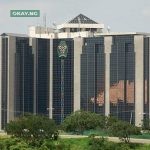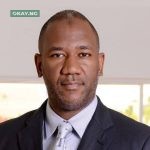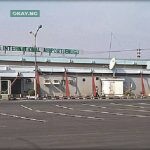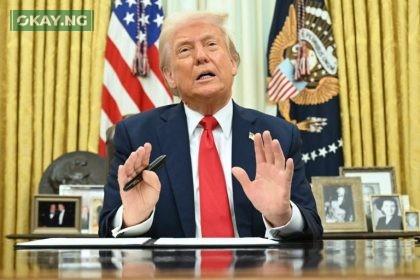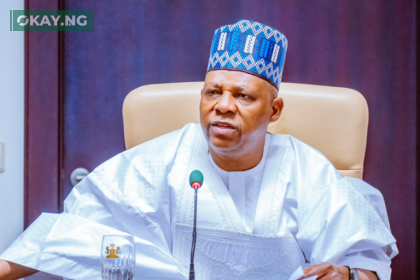Imagine a nation where the government’s annual allocation per citizen barely covers a single decent meal. This grim reality underscores the stark findings of a recent report by Analysts Data Services and Resources (ADSR), which reveals that Nigeria’s combined 2025 federal and state budgets translate to a paltry $0.63 per person daily.
This meagre sum pales in comparison to the World Bank’s poverty line of $2.15 per day, a stark indicator of the nation’s struggle to adequately address the needs of its 129 million citizens living in poverty – a figure second only to India globally.
The report paints a picture of a shrinking lifeline. The 2025 per capita budget, at $0.43 (federal) and $0.21 (state), represents a decline from the previous year’s figures. This worrying trend, driven largely by the devastating impact of foreign exchange pressures, casts a long shadow over the government’s ability to effectively address the nation’s pressing needs.
“The daily budget per person at all levels is far below the poverty line,” the report grimly states. “This indicates that the budget, distributed across the population, is insufficient to meet the citizens’ basic needs, such as food, healthcare, and education.”
While the budget per capita has dwindled in dollar terms, its naira equivalent – a staggering N348,481 annually – offers little solace. This translates to a meagre N955 per day for each citizen, assuming an equitable distribution, a scenario that remains a distant dream for many.
Read Also: Nigeria’s Per Capita Income Plummets Again, Exacerbating Poverty Crisis
These figures paint a distressing portrait of a nation grappling with economic hardship. They highlight the stark disparity between government promises and the lived realities of millions of Nigerians struggling to survive.
The 2025 budget, at a colossal N81.3 trillion, represents a significant increase from the previous year. However, this apparent surge in government spending masks a deeper reality.
“The substantial budget increases across all levels suggest a response to address economic conditions such as the increase in the minimum wage, investment in infrastructure, and other key sectors of the economy, as well as increase in price level,” the analysts explained.
While the government aims to address pressing economic challenges, concerns remain. The significant debt burden continues to loom large, casting a shadow over the effectiveness of these increased expenditures.
This report serves as a stark reminder of the urgent need for a more equitable and effective allocation of resources. It demands a critical examination of government spending priorities and a renewed commitment to addressing the root causes of poverty in Nigeria.
The human cost of this budget shortfall is immeasurable. It translates to missed meals, denied healthcare, and limited educational opportunities for millions of Nigerians. This is not merely an economic crisis; it is a humanitarian one.
The road ahead is undoubtedly challenging. However, by acknowledging the harsh realities outlined in this report and implementing meaningful reforms, Nigeria can begin to build a more equitable and prosperous future for all its citizens.



